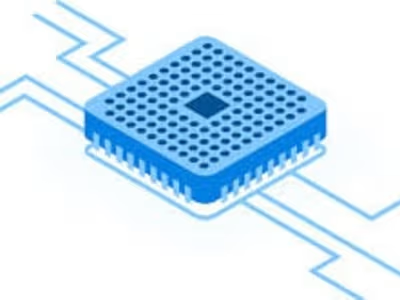Genomic Primer Alignment Tool
During the design of assays for PCR diagnostics tests a key step is identifying primers which target a species and gene of interest. This presents a few problems. Primers must obviously match a gene on the DNA of the species of interest. They must also be robust enough to withstand minor mutations between organisms within the same species. At the same time they cannot match genetic sequences on other species which are not included in the test. Primers must also lie within a certain distance on the DNA to form a stable gene.
I acted as team lead on a project to answer these problems. The team I was on at the time included a bio-statistician who had developed a proof of concept for the algorithm which would determine if primers were a match on an input genetic sequence. From there, I was able to take this code and translate it into a python micro-service which was more robust and efficient.
Surrounding this service I designed and led implementation for a full stack web application. This included an API which triggered the genetic matching python service in a scalable manner based on demand. We also built a UI where users could monitor the progress of their analyses and view results.
In summary, this allowed microbiologists who would normally now be able to complete this analysis on their own run en silico experiments. This cut down drastically on R&D time spent in the lab and improved the quality of the end product.
Like this project
Posted May 19, 2024
Full stack web application which processes large genomic datasets for potential primer matches for diagnostic testing.
Likes
0
Views
6






